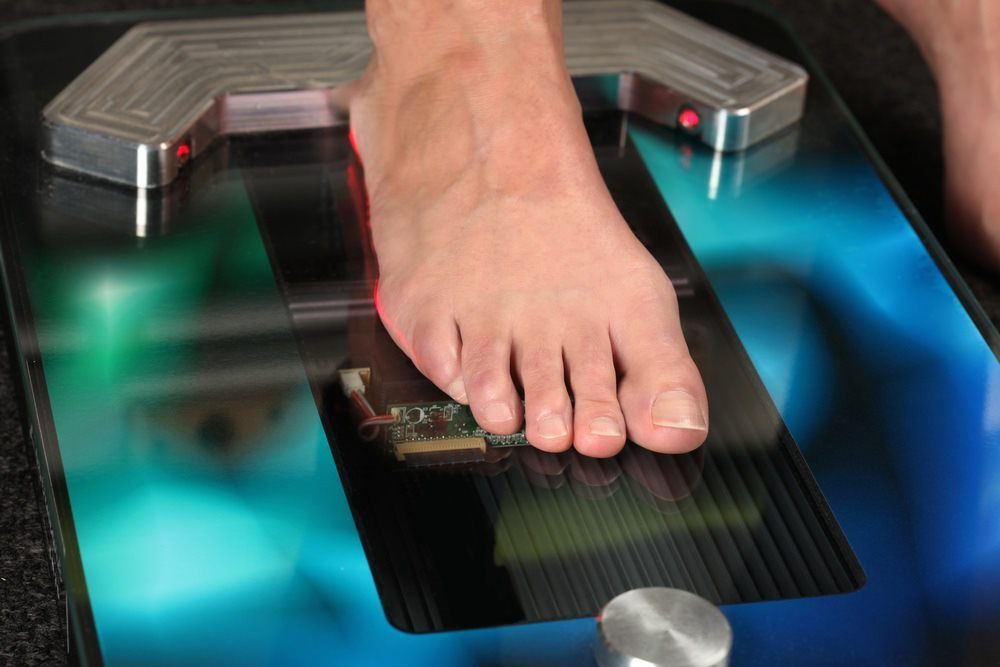Foot Care For Those With Diabetes in Tamworth
Prevent Serious Complications
It goes without saying that you need to take good care of your feet when you have diabetes. Fail to do this and you risk serious complications, such as a diabetic neuropathy related issue. Taking care of your feet can help to prevent serious problems; amputation being one of them.
Diabetes can damage the nerves and impede blood supply to your feet. These issues are more likely when:
- You’ve had diabetes for a long time
- Your blood glucose levels are too high for extended periods
- You’re a smoker
- You’re inactive
That’s why it’s important to have your feet assessed by a doctor, podiatrist, or Credentialled Diabetes Educator. Knowing the risks is important for you to understand. If you’re at risk, it helps to be better informed and to get the appropriate treatment in a timely fashion. At Country Podiatry in Tamworth, we can help you take care of your feet if diabetes is a concern.
Get Regular Check-ups
Regular check-ups are important. Even without experiencing common symptoms and despite your feet having good blood-flow and normal sensation, it’s entirely possible to become a high-risk diabetic. It’s recommended that high-risk patients have their feet seen by a doctor or podiatrist every 3-6 months and low-risk diabetics at least once per year.
This should include checking:
- Blood flow to the feet (circulation)
- Feeling and reflexes (nerves)
- Foot malformation, including bunions, claw toes, hammer toes
- Toenails
- Dryness, calluses, corns, cracks, infections
Your podiatrist can also remove calluses or corns before they become infected. Need to book an appointment?
Symptoms to Watch Out For
Diabetes and poor blood glucose control can cause nerve damage to feet. See your podiatrist, doctor or Credentialled Diabetes Educator if you have any of these symptoms:
- Numbness
- Coldness of the legs or feet
- Tingling, ‘pins and needles’ sensation in the feet
- Burning pain in legs and feet, often more noticeable when trying to sleep
- Sharp leg cramps after walking short distances or upstairs
- Pain in the feet (often early morning)
- Feet looking a reddish-blue colour
- Cuts that are slow to heal
When there’s loss of sensation in the feet, you’ll be at increased risk of injury. If you suffer an infection, for example, and it isn’t treated early, ulceration may occur. Left untreated, the result could be the removal of a toe, foot or limb. If you’re concerned, don’t risk it! Give us a call immediately.







